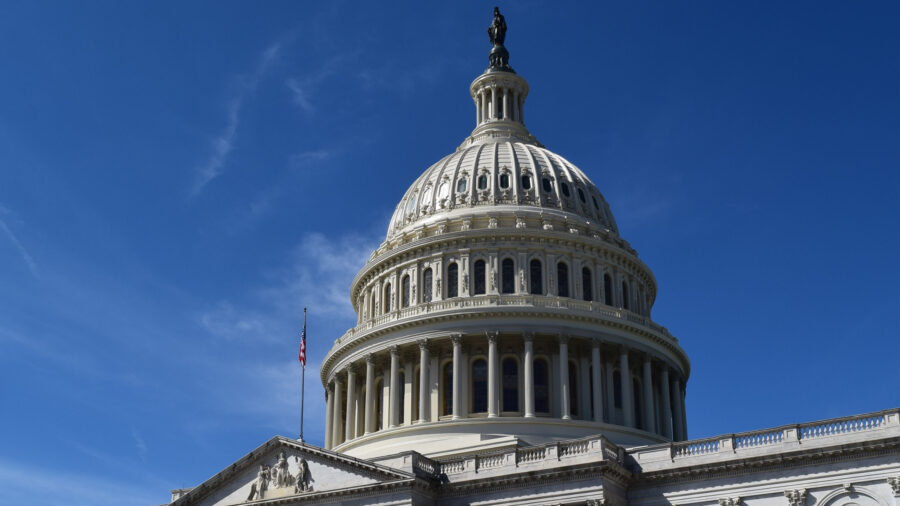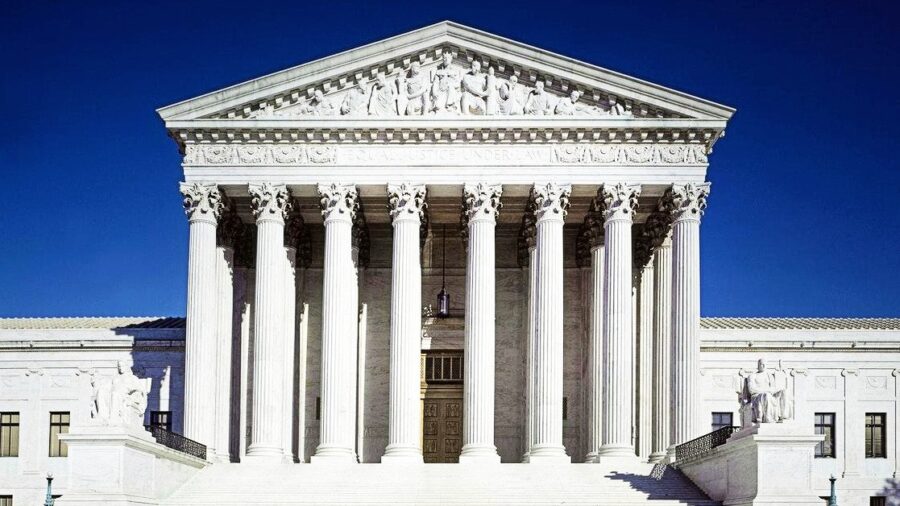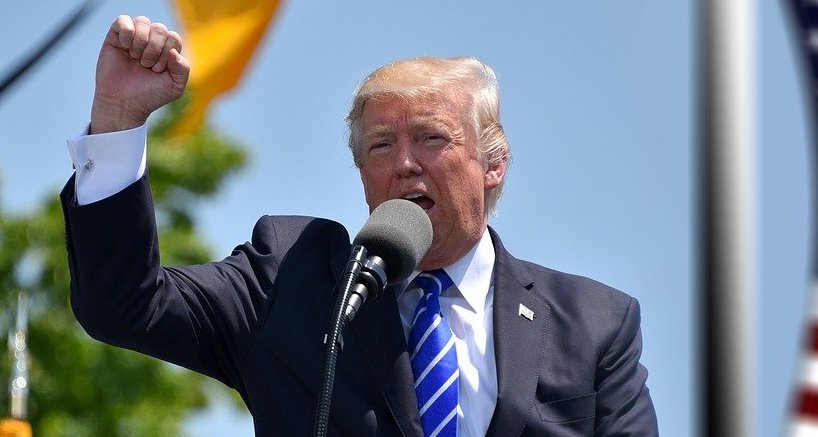TikTok Ban Takes Huge Step Towards Becoming Real

After years of debate, the TikTok ban might become a reality. Indeed, in an unprecedented move, the U.S. House of Representatives stepped significantly closer to outlawing TikTok in the United States by passing a bill to do just that. Their one caveat: the ban will not go through if—and only if—ByteDance, the app’s Chinese owner (itself at the behest of the Chinese Communist Party, or CCP), sells its stake. This legislation, known as the “Protecting Americans From Foreign Adversary Controlled Applications Act,” passed with overwhelming bipartisan support.
It would be the first historic instance of a bill that could completely ban an internet application in the country.
Legitimate Concerns

No, the TikTok ban is not (at least solely) aimed at eliminating annoying memes. Instead, the bill behind the ban addresses legitimate worries among American lawmakers concerning national security threats posed by the popular app. Lawmakers and millions of Americans fear that the Chinese regime could siphon data on U.S. users or manipulate the app to advance Chinese interests.
Democrats And Republicans United

Of course, TikTok has assured worried users that their ultimate higher-ups, the Chinese government, have never requested they politely hand over user data. The app maintains that they would not comply with the “request” if asked.
Despite these assurances, the House voted 352-65 in favor of the bill.
Court Challenges

Before executives at Meta and X (formerly Twitter) dance in the streets or pop champagne bottles, it’s worth mentioning that the TikTok ban’s journey is far from over; its fate in the Senate is still uncertain. That said, President Biden voiced readiness to sign the bill into law—an interesting and perhaps contradictory stance, given that his re-election campaign recently launched a TikTok Account.
Additionally, the prospective ban could provoke legal challenges, mirroring prior and unsuccessful efforts to curb TikTok based on hypothetical—rather than evidential—national security concerns.
American Data For American Companies

That said, the bill is nothing if not directly targeting foreign incursions on U.S. national security. Its language, as if borrowed from a spy thriller, directly states the TikTok ban opposes “foreign adversary controlled applications”—specifically names the Chinese app.
If the bill becomes a law, app stores and web hosting services in the U.S. would be prohibited from selling any app owned by ByteDance companies unless explicit divestment occurs within 165 days.
Those who violate the potential ban would face serious fines; said penalties would be calculated based on the raw number of American users accessing the prohibited applications.
Chinese Opposition

As expected, the Chinese government expressed stark opposition to the TikTok ban alongside the forced sale of ByteDance’s assets. The CCP warned such actions could harm investor confidence, disrupting the global economic order. For their part, TikTok has critiqued the legislative process as excessively secretive and fundamentally baseless; the company urges the Senate to weigh the broader impacts on the economy and millions of Americans who use the app.
Critics Of The TikTok Ban

The bill is also not without its critics—namely Senator Rand Paul, who considers the potential ban a violation of First Amendment rights. Former President Trump, previously in favor of the ban, has said a TikTok ban could unintentionally boost Facebook’s business. As many know, Trump has strongly criticized Meta/Facebook and much of the media landscape.












